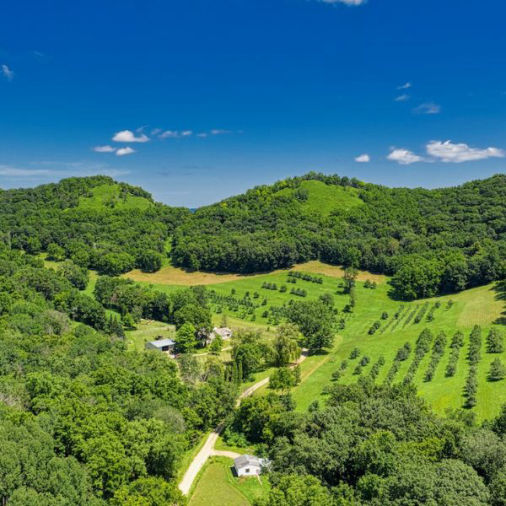Reasons to Embrace Off-Grid Living
While off-grid living poses many challenges, it can also open doors to new and exciting possibilities that make the sacrifices worthwhile for some. There is a multitude of rewarding opportunities, including:
Renewable Energy Innovation
Off-grid living allows people to become pioneers experimenting with various renewable energy technologies and systems. When not bound to the power grid, homesteaders can innovate with options like:
- Solar photovoltaic panels installed on rooftops and ground mounts to convert sunlight into electricity. Solar battery banks provide storage.
- Wind turbines ranging from modest residential scale up to large windmills that harness natural wind flow.
- Micro-hydropower harnessed from flowing creeks, streams, or rivers via small scale turbines.
- Geothermal heating and cooling systems that tap into constant underground temperatures.
- Creating biofuels from processed waste oils or crops like corn and soybeans.
- Combining multiple complementary renewable sources for energy production and resilience.
By moving off-grid, homesteaders can live the future of renewable energy in the present while accelerating the global transition to clean power. Off-grid living makes you intimately aware of energy use and drives innovation.
Food Security and Sovereignty
Growing the bulk of your own food provides greater control over your health and diet while also ensuring continued access to nourishment. Off-grid homesteads allow for:
- Extensive organic gardens and orchards producing fruits, vegetables, and herbs free of chemicals.
- Pasture-raised livestock like cows, chickens, and goats for fresh dairy, eggs, and meat.
- Preserving produce through time-tested methods like canning, pickling, curing, drying, and cellaring.
- Avoiding reliance on supply chains, grocery stores, and increasing food costs.
- Passing down seed saving and agricultural knowledge to future generations.
Off-grid farming promotes long-term food security, sovereignty, and resilience for both the household and community.
Connection and Community
Instead of isolation, off-grid groups can forge tight-knit communities where neighbors rely on one another. Some examples include:
- Sharing tools, equipment, machinery, labor and other resources.
- Bartering goods and services to meet each other's needs.
- Organizing communal meals, gatherings, holidays, and celebrations.
- Teaching each other valuable skills in gardening, animal care, mechanics, etc.
- Checking in on each other during emergencies or times of need.
Living off-grid fosters meaningful connections and strong social bonds between homesteads.
Fulfillment and Simple Joys
Daily off-grid life is filled with profound yet simple sources of fulfillment, meaning, and joy such as:
- Witnessing breathtaking sunrises and sunsets.
- Swimming and bathing in natural lakes, rivers, or streams.
- Observing abundant wildlife up-close including birds, deer and more.
- Learning and using hands-on skills like carpentry, gardening and animal husbandry.
- Embracing stillness and solitude in beautiful natural surroundings.
Despite modernity's conveniences, off-grid living reconnects people with life's basic pleasures and wonders that are often obscured.
The numerous opportunities off-grid living provides can outweigh the struggles for some. The possibilities serve as motivation to take the leap.
